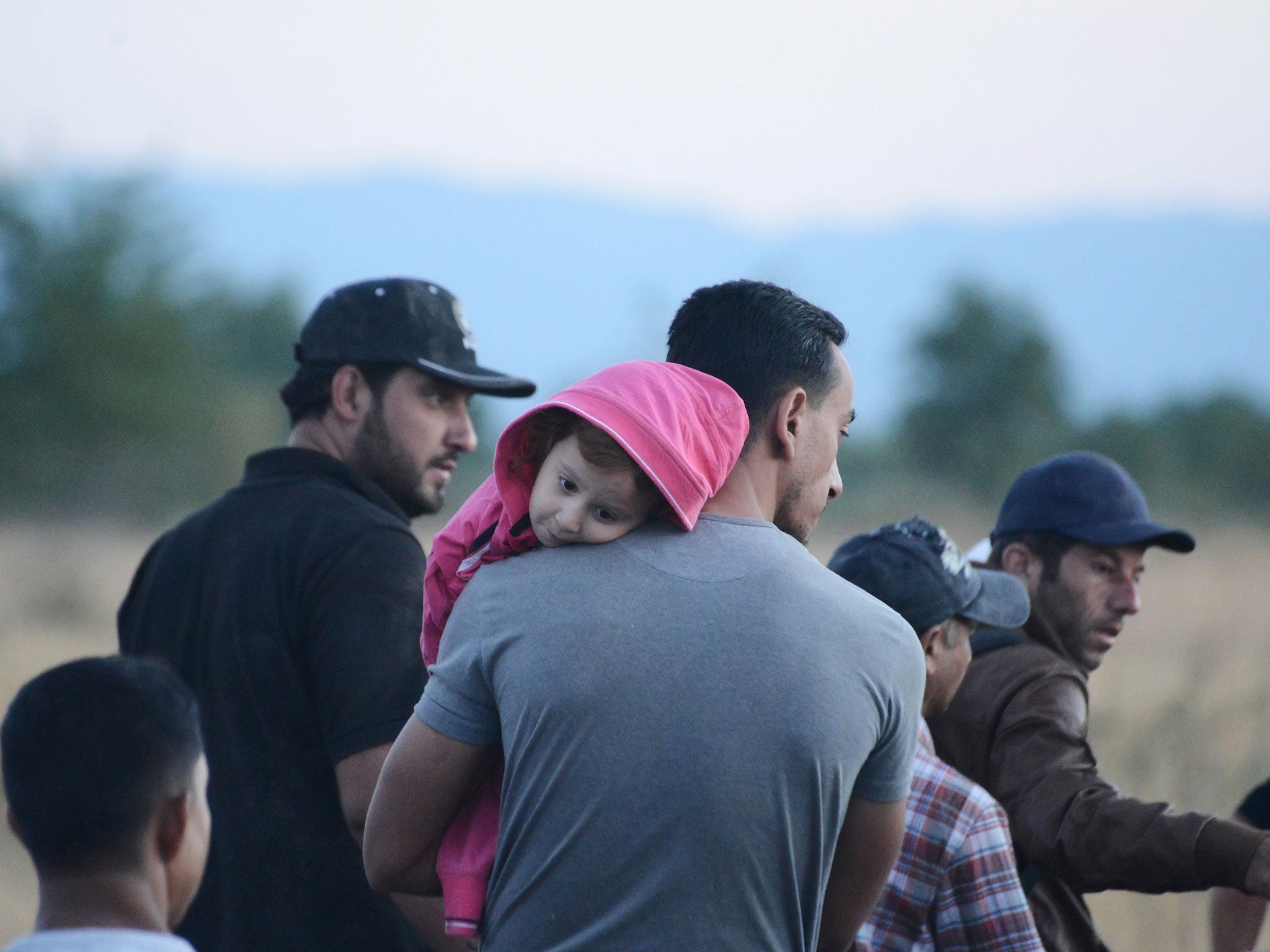Netherlands to withdraw food and shelter from failed asylum-seekers after just 'a few weeks'
The UN has criticed the Dutch proposal, which will see rejected refugees granted help for less than a month – then they are on their own

Your support helps us to tell the story
From reproductive rights to climate change to Big Tech, The Independent is on the ground when the story is developing. Whether it's investigating the financials of Elon Musk's pro-Trump PAC or producing our latest documentary, 'The A Word', which shines a light on the American women fighting for reproductive rights, we know how important it is to parse out the facts from the messaging.
At such a critical moment in US history, we need reporters on the ground. Your donation allows us to keep sending journalists to speak to both sides of the story.
The Independent is trusted by Americans across the entire political spectrum. And unlike many other quality news outlets, we choose not to lock Americans out of our reporting and analysis with paywalls. We believe quality journalism should be available to everyone, paid for by those who can afford it.
Your support makes all the difference.The Netherlands is set to impose new rules that would see asylum seekers cut off from food and shelter after “a few weeks” if their application is rejected.
While Germany opened up its doors to make it easier for those arriving at its borders and France criticised Hungary over its new 110-mile razor wire fence, the Dutch government was going in a different direction.
From November, any migrant who refused refugee status or humanitarian protection will be given less than a month before they are deported or told to fend for themselves.
As part of the measures, the government wants to shut down 30 regional “bed, bath and bread” centres where asylum seekers can find shelter, regardless of the status of their application.
The move has been seen as a political attempt to draw voters from the popular, anti-immigration party of Geert Wilders. It won’t apply to those who agree to return home by their own steam, who would be catered for by six larger, national centres.
Only two EU countries have similar strict measures in place to deny basic support to failed asylum seekers – Finland and Britain. In the UK, the Government wants to go one step further and deny benefits to those with families.
The Netherlands received 18,790 applications for asylum in 2014, according to Eurostat. Of those, 6,240 were rejected outright and would therefore be cast out under the new rules.
Prime Minister Mark Rutte has defended the measures, saying it was “crazy” to offer indefinite assistance to those who failed to qualify as refugees.
“We are talking about the group that can go back, whose governments would take them back, but they don't want to go back,” he said.
But the changes have been criticised by charities and the UN itself, whose Committee on the Elimination of Racial Discrimination said the basic needs of migrants should be provided unconditionally.
“As long as they are in the Netherlands, they have to enjoy minimum standards of living,” said Ion Diaconu, who helped write a UN report criticising the Dutch policy proposal.
In Britain, more than 60 per cent of asylum applications are rejected. Most people then have a right to an appeal, but the majority still receive negative decisions. The cost of then ejecting people forcibly is expensive, leading to accusations that the Government is deliberately making life as difficult as possible for failed asylum seekers to force people to leave.
Additional reporting by agencies
Join our commenting forum
Join thought-provoking conversations, follow other Independent readers and see their replies
Comments